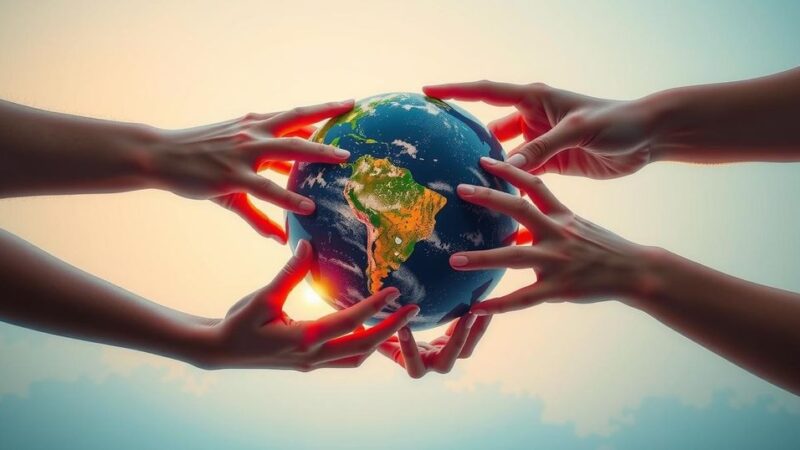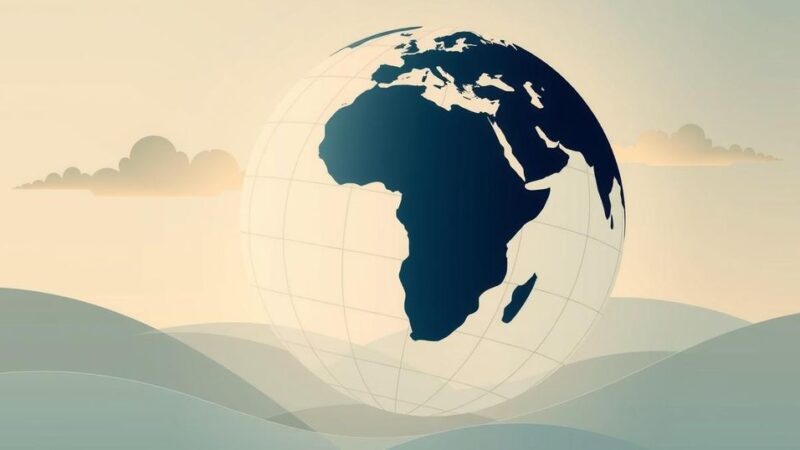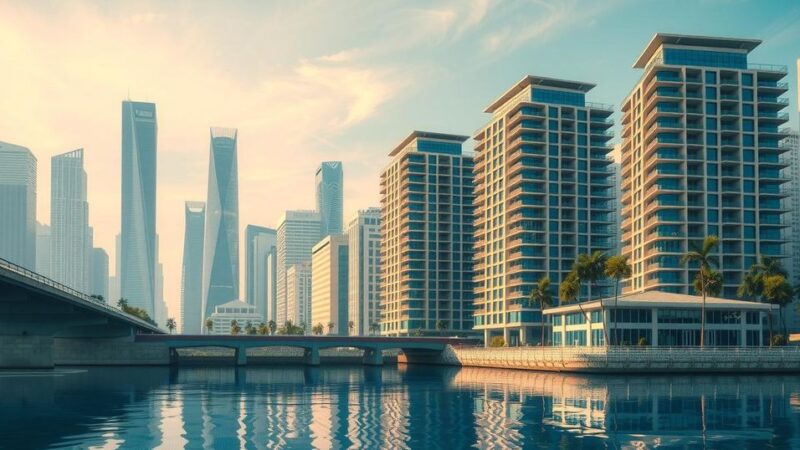Botswana is conducting elections on Wednesday, with the ruling BDP seeking to extend its 58-year reign. Economic challenges and climate change are at the forefront of the election. Incumbent President Masisi is contesting against three main rivals, including former allies. Tensions between Masisi and ex-president Khama are resurfacing, influencing the political landscape as unemployment rates rise significantly.
Citizens of Botswana are heading to the polls on Wednesday, as the ruling Botswana Democratic Party (BDP) aims to secure another five-year term in office. The BDP, one of Africa’s longest-standing political parties, has held power since Botswana gained independence from the United Kingdom in 1966, marking an impressive 58 years of governance. However, the party faces significant challenges stemming from a struggling economy and the adverse effects of climate change. This single-day election will determine the members of parliament, who will subsequently elect the president. Incumbent President Mokgweetsi Masisi, a former high school teacher and United Nations employee, is vying for a second and final term. Previously regarded as a political and economic success story, Botswana is now grappling with rising unemployment rates, which have surged to 27%, due in part to a global decline in diamond demand and increasing living costs. In light of these challenges, the BDP has pledged to diversify the economy, which has become heavily reliant on diamond exports. The nation, which is particularly vulnerable to climate-related issues, faces worsening desertification affecting sub-Saharan Africa. President Masisi’s main challengers in the election include Duma Boko from the Umbrella for Democratic Change, Dumelang Saleshando representing the Botswana Congress Party, and Mephato Reatile from the Botswana Patriotic Front. The election is anticipated to reignite tensions between Masisi and former president Ian Khama, who has accused Masisi of adopting authoritarian practices. Khama, who faced legal issues he claims are politically motivated, has returned from exile in South Africa to support the Botswana Patriotic Front’s campaign. Vote counting is expected to commence shortly after the polls close on Wednesday.
The Botswana Democratic Party (BDP) has been a dominant force in Botswana’s politics since the nation’s independence in 1966. Its long tenure is characterized by relative political stability and economic growth; however, recent years have witnessed economic strains, largely due to external factors like fluctuating diamond prices and rising inflation. Furthermore, climate change poses a critical threat to the country’s agricultural viability, emphasizing the need for a more diversified economy. As the country prepares for elections, the political landscape is fraught with competition from various opposition entities and internal party dissent, notably between President Masisi and former president Khama.
In conclusion, the ongoing electoral process in Botswana is not just a routine democratic exercise but a pivotal moment that could redefine the nation’s political and economic future. The BDP is striving to maintain its long-held grip on power amid substantial economic challenges and environmental threats. As the results unfold, they will significantly impact both governance and the populace’s quality of life in Botswana.
Original Source: www.namibian.com.na






